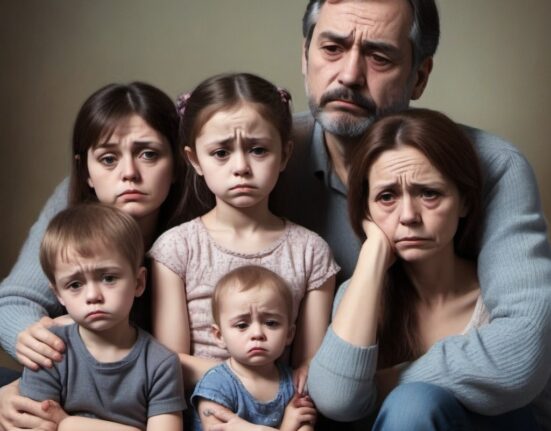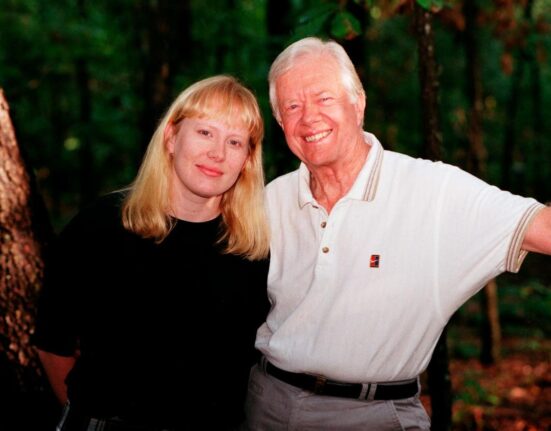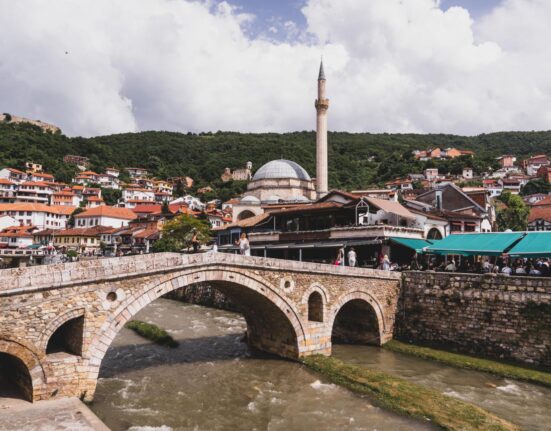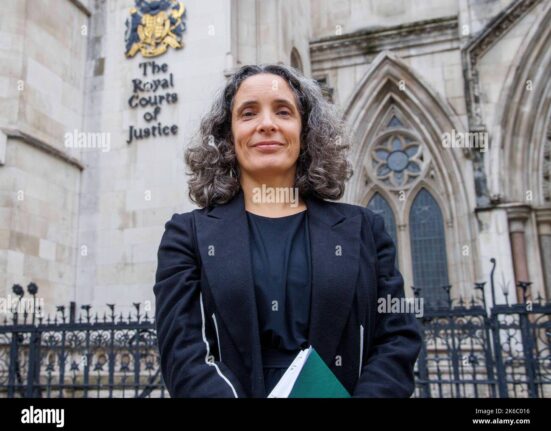Russia’s decision to send a low-level delegation to the recent negotiations in Istanbul between diplomats from Kyiv and Moscow has cast a shadow of skepticism over the prospects of ending the ongoing war in Ukraine. FRANCE 24’s Istanbul correspondent, Jasper Mortimer, keenly observes the situation, indicating that the talks are unlikely to yield significant progress towards a resolution.
The conflict in Ukraine, which has been ongoing for years, has led to devastating consequences for the country and its people. The invasion of Crimea by Russian forces, followed by the ongoing conflict in Eastern Ukraine, has resulted in a humanitarian crisis and loss of life on a significant scale. The international community has been closely monitoring the situation, hoping for a peaceful resolution to the conflict.
As the second round of negotiations commenced in Istanbul, hopes were high for a breakthrough that could pave the way for a peaceful resolution. However, the decision by Russia to send a low-level delegation has dampened expectations, with many experts expressing doubt about the potential outcome of the talks. Jasper Mortimer’s insights shed light on the complexities of the situation and the challenges faced by both sides in reaching a consensus.
“The presence of a low-level Russian delegation at the talks signals a lack of commitment on their part to engage meaningfully in the negotiation process,”
Mortimer remarks, highlighting the importance of diplomatic efforts in resolving the conflict. The reluctance of Russia to send high-ranking officials underscores the underlying tensions and the lack of progress in finding common ground.
The dynamics of the conflict in Ukraine are multifaceted, with geopolitical interests and historical grievances playing a significant role in shaping the negotiations. The annexation of Crimea by Russia in 2014 marked a turning point in the conflict, leading to increased hostilities and a breakdown in diplomatic relations between the two countries. The subsequent conflict in Eastern Ukraine further exacerbated the situation, creating a complex web of alliances and animosities that have proven difficult to untangle.
Expert analysis of the negotiations in Istanbul suggests that the talks are unlikely to result in a significant breakthrough due to the lack of genuine commitment from Russia. The international community, including the European Union and the United States, has been calling for a peaceful resolution to the conflict, emphasizing the importance of upholding Ukraine’s sovereignty and territorial integrity.
“The outcome of the talks in Istanbul will have far-reaching implications for the future of Ukraine and the region as a whole,”
notes Mortimer, underscoring the significance of the negotiations. The war in Ukraine has not only had immediate humanitarian consequences but has also raised concerns about broader security implications for Europe and the international order.
As the negotiations continue in Istanbul, the world waits with bated breath for any signs of progress towards a peaceful resolution. The stakes are high, with the future of Ukraine and the stability of the region hanging in the balance. While the road to peace may be long and arduous, the commitment of all parties involved to find a diplomatic solution remains crucial in ending the suffering of the Ukrainian people and restoring stability to the region.
In conclusion, the low expectations surrounding the talks in Istanbul reflect the challenges and complexities of the conflict in Ukraine. The need for genuine commitment from all parties, especially Russia, is paramount in moving towards a peaceful resolution. As the negotiations unfold, the world watches closely, hoping for a breakthrough that could bring an end to the war and pave the way for a brighter future for Ukraine and the region.








Leave feedback about this